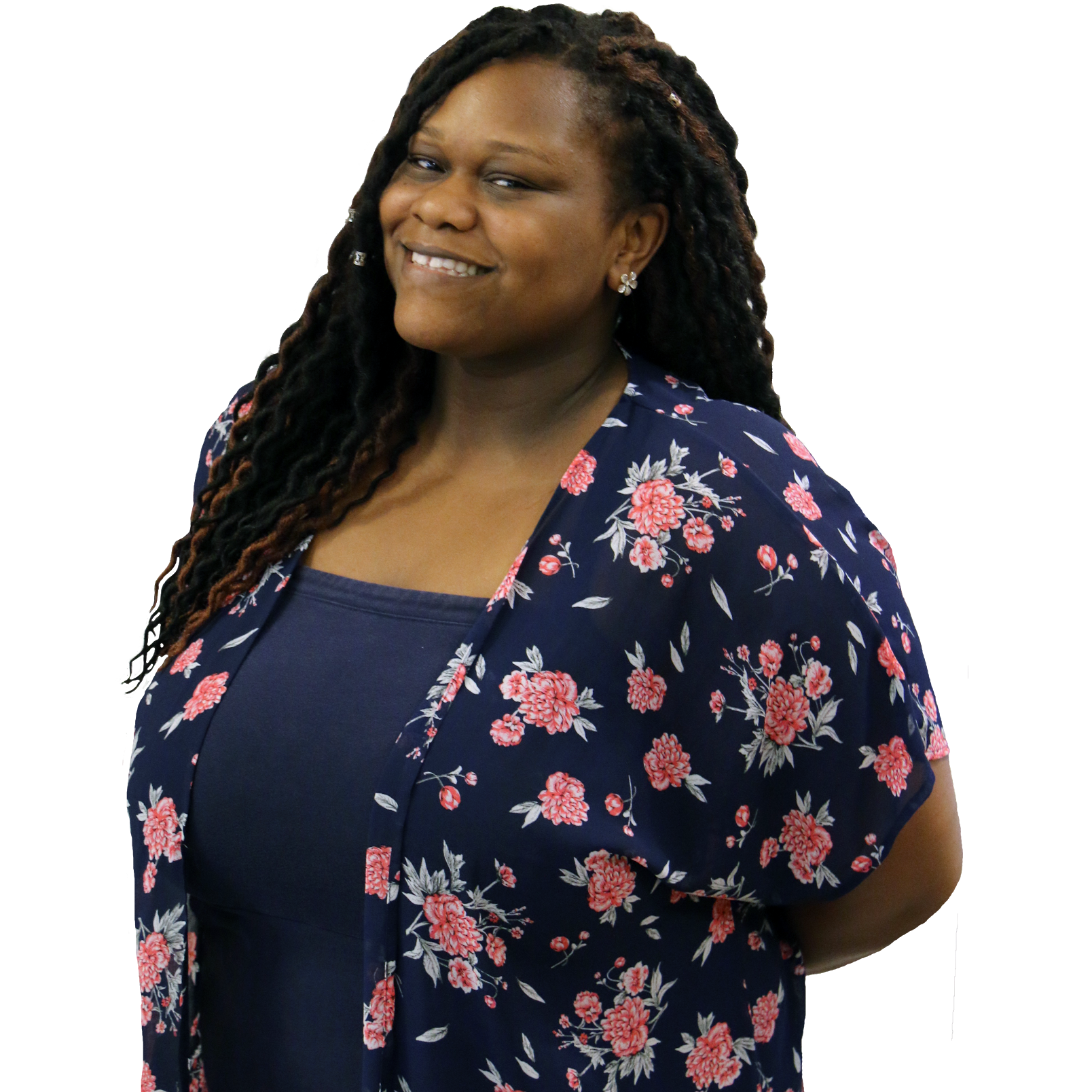
When School Supply Lists Give Rise to Bullying (and Worse). Here’s What’s Missing from those “Back to School” Stories.
September 11, 2018
The NJ State Board of Education Has the Right Stuff.
September 13, 2018Not Backpacks Full of Cash But Backpacks Full of Rights: NCSECS Takes On Special Education Equity in Charter Schools.
It’s a common complaint among those who look down their collective nose at public charter schools: they don’t serve their fair share of students with disabilities, or at least those with moderate to severe disabilities, and they counsel out kids who can’t deal with academic rigor, either back to their sending districts or to private placements at district expense.
Let’s pay our respects to Mark Twain who said, “all generalizations are false, including this one.” So, yes, some charters must do a better job of developing programs for special needs children, especially for those with more severe impairments. And, yes, some charters could serve as special education role models for all public schools. Hence, a relatively new organization called the National Center for Special Education in Charter Schools (NCSECS), founded in 2013, seeks to build collaboration for improving equity for special education in charter schools, highlighting best practices and serving as advocates for special needs children throughout America’s K-12 education sector.
Toward that end, NCSECS released today its Equity Coalition’s “Principles of Equitable Schools,” which strives to “collectively preserve and promote access and quality for all students.” These seven core principles — Accessibility, Inclusion, Quality, Collaboration, Accountability, Autonomy and Flexibility, and Resources — comprise the qualities that schools, be they charter, traditional, or private, must comply with in order to assure that students with disabilities retain their civil rights, as well as their federal and state protections encoded in special education law.
This is an especially timely endeavor, given the Trump Administration’s proclivity for pulling back on the Obama Administration’s guidance for children long neglected by our nation’s schools, including students with disabilities, children of color, and newly-immigrated children. Add on to this the DeVos-tinged toxicity surrounding school choice (with a pinch of the public’s conflation of private vouchers with all school choice) and you have a sure recipe for backlash towards charters, which are mostly non-profit public schools that operate with more autonomy in exchange for greater levels of oversight.
Yesterday I had the opportunity to speak with several staff members at NCSECS, including Executive Director and co-founder Lauren Morando Rhim, about these Principles of Equity. Do you remember the Diane Ravitch-inspired film “Backpacks Full of Cash” narrated by movie star Matt Damon (who, as Alina Adams notes here, wants school choice for his kids but not for yours)? Damon’s entourage claims that charter school operators are corporate privatizers who view students as a kind of commodity, a backpack full of , well, cash.
NCSECS doesn’t see it this way: students, particularly students with disabilities, are not backpacks full of cash but backpacks full of rights, and it is fiercely committed to protecting those rights, which include, according to federal law, a free and appropriate public education (FAPE) in the least restrictive environment (LRE). These rights are at risk of infringement due to the current administration’s disdain for federal oversight, and it is the obligation of all schools — traditional, charter, private — to ensure equitable access. The seven principles serve as a guide for those who create, oversee, and manage all schools, as well for parents, who helped design these principles.
Morando Rhim noted that the charter school movement had no intention of marginalizing special needs students; in fact, Minnesota’s first charter school was designed for children with hearing-impairments. But, certainly, there was no homogeneous perspective; some charters did special education well and some didn’t. There was little coordination of effort or attempt to frame best practices.
“This,” said Morando Rhim, “was when we started the Equity Coalition, to break down the walls between charter school advocacy and special education advocacy.” Our top priority, she said, “is what’s best for kids.”
And charter schools are, indeed, improving. Last year Morando Rhim told the National Council on Disability that the Civil Rights Data Collection showed that the gap between special needs students served by traditional schools and charters had shrunk to 1.9 percent; that charters serve more students with disabilities in inclusive settings than traditional schools (84 percent compared to 68 percent); and that the gap is suspensions of students with disabilities had shrunk to seven tenths of one percent. (For NCSECS’s complete report, see here.)
Morando Rhim also testified to the Senate Judiciary Committee earlier this month regarding the pending appointment of Judge Brett Kavanaugh to the Supreme Court. She told the Committee that NCSECS is “concerned that his legal record indicates a lack of commitment to upholding civil rights protections….Moreover, his record suggests a lack of understanding about how school choice intersects with issues of equity, evidenced by his strong support of government funded private and religious school voucher programs, many of which require students and families to waive their rights under the Individuals with Disabilities Education Act (IDEA).”
NCSECS is about kids, not market share; about rights, not money; about fostering collaboration among all sectors of our diverse public school landscape in order to insure that children with disabilities, and the parents who love them, retain their civil rights.
As a mom of a special needs student, I’m glad NCSECS has our back.




